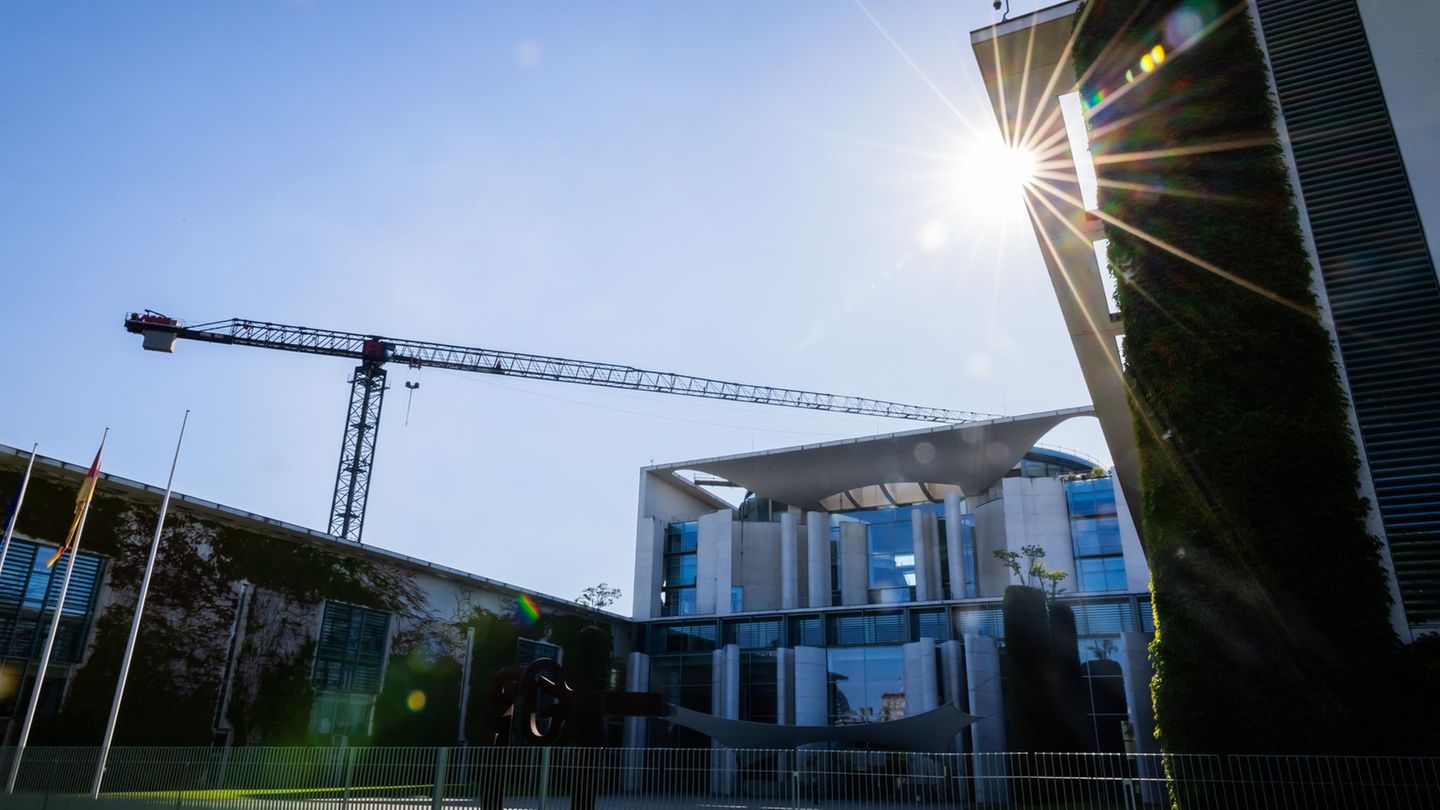Sports politics
DOSB debates: From Olympic plans to personnel disputes
At the general meeting of the German Olympic Sports Confederation, the course for an application for the Summer Games can be set. Traffic lights out and a staff crunch cause uncertainty.
The next step on the arduous path to the Olympics in Germany should actually be the focus of the 21st general meeting of the German Olympic Sports Confederation. But when the DOSB representatives meet on Saturday (9 a.m.) in Saarbrücken, a dispute at the management level and the uncertainty after the end of the traffic light coalition are weighing on the mood. This is what the consultations in the Saarland state capital are about:
German bid for the Olympic and Paralympic Games
Summer Games – yes or no? If the DOSB has its way, the answer is clear. At the general meeting, the next steps for a German bid for the Olympic and Paralympic Games will be voted on. The DOSB is to be commissioned to apply for the so-called Continuous Dialogue with the International Olympic Committee (IOC). This would mean that the DOSB would officially enter into non-binding discussions regarding the organization of future Olympic and Paralympic Games and would underline the interest in this.
It is unclear which city or region Germany would apply with. Berlin, Munich, Hamburg, Leipzig and North Rhine-Westphalia have expressed interest in aligning with the Rhine-Ruhr region. An all-German application is apparently off the table, so there is a risk of competition between the cities and regions before the actual dispute with other countries takes place.
“We wouldn’t mind if it was made in a broader application for everyone. I think in the end it will probably hurt us if we wage a big battle in Germany,” said Bavaria’s Prime Minister Markus Söder (CSU) to ARD. “Sports Show”.
At best, the DOSB executive board wants to decide next summer which concepts should be presented to the general meeting in 2025.
Personnel crunch in the association management
The internal quarrels in the DOSB will probably also be discussed in Saarbrücken – even if no agenda item was originally planned for this. What happened? Torsten Burmester was removed as CEO by the DOSB executive committee after he announced that he wanted to run for the SPD in the Cologne mayoral election next year.
Burmester wanted to carry out his election campaign and his main office at the DOSB in parallel and did not see this as a conflict of interest. DOSB President Thomas Weikert, on the other hand, had explained about the dismissal: “As the executive committee, it is our job to put the interests of the association first and to act for the benefit of the DOSB.” The contract between the umbrella organization and Burmester is said to have been extended until 2029 at the beginning of the year.
From January onwards, the former Prime Minister of Hesse, Volker Bouffier (72), will temporarily join the board for six months. The former CDU top politician should primarily use his political contacts in the interests of the DOSB. However, the vacant position of CEO should be filled quickly. According to a report in “Spiegel”, Weikert only learned from the newspaper that Burmester was planning to run for office in Cologne.
After the traffic lights go out: the law promoting elite sports is shaky
The break in the traffic light coalition has ensured that important projects in German sport are in jeopardy: On the one hand, it is unclear what significance an application for the summer games has under the new government – on the other hand, the planned elite sports funding law may come to a standstill.
The law is intended to provide greater planning security, reduce bureaucracy and ultimately improve the performance of athletes. The core of the Sports Funding Act is the establishment of an independent sports agency to distribute the millions in funding.
Despite the traffic light being off, the SPD and the Greens have submitted a draft of the top-level sports funding law to the Bundestag. However, it is questionable whether there will be a majority before the planned federal election on February 23rd. Because after the FDP leaves, the government needs opposition votes – and there probably won’t be any.
If the law can no longer be introduced in this legislative period, the DOSB wants to try again with a new federal government. “We are not starting from scratch,” said the DOSB. We will work hard to continue using the interim results on the future of top-class sport in Germany and to build on them.
dpa
Source: Stern
I am Pierce Boyd, a driven and ambitious professional working in the news industry. I have been writing for 24 Hours Worlds for over five years, specializing in sports section coverage. During my tenure at the publication, I have built an impressive portfolio of articles that has earned me a reputation as an experienced journalist and content creator.




